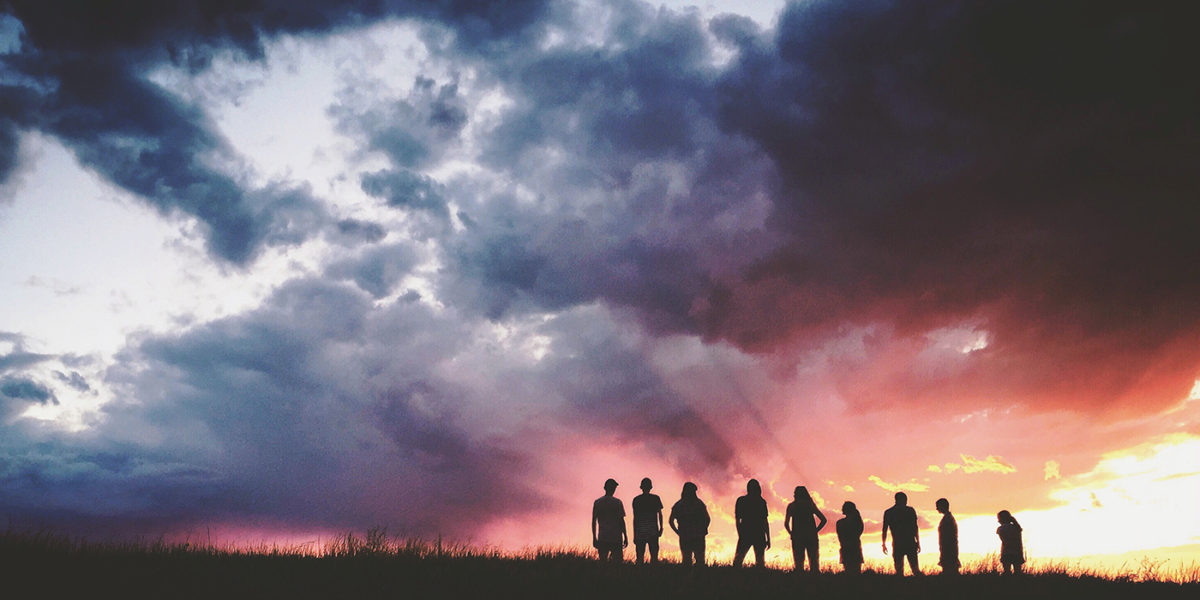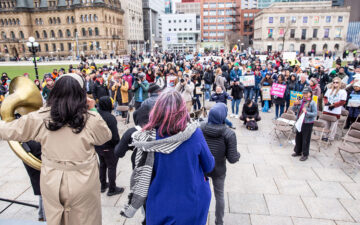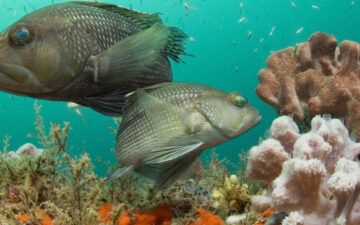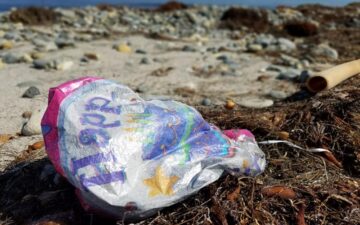Are you a world changer1?
This is the daunting question I ask myself on daily basis.
Growing up as a young black man in Alabama, I experienced and witnessed racism, modern day segregation, and targeting. Whether it was:
- Experiencing the demise of childhood friendships due to their parents being uncomfortable with their children having a person of color as a friend.
- Having policemen confront me because they simply didn’t believe I owned a car such as mine.
- Being called a slave at a national diversity conference, one of the few places I thought I’d be safe.
- Hearing outsiders and others state I do not belong on a tennis court because it is not “our” sport.
- Enduring harassment at restaurants or department stores by both staff and patrons, simply because I did not “look” as if I belonged.
These moments dramatically shifted my perception of the world prompting me to view things as more black and white.
Addressing the obstacles to diversity, equity, and inclusion (DEI) is among the top opportunities facing our country, and rightfully so. However, it is important to recognize that DEI issues expand beyond our local, regional, and national scope. Over time, I’ve learned that there are many people discussing these issues, yet very few are leading the charge for change.
![]()
As I aspire to be a world changer, I recently decided to begin my journey by combatting the embedded socialization that enables discrimination, inequality, and exclusion, specifically within the environmental conservation sector. As a first step, I began to reflect and ask a series of questions that would best prepare me for the next level.
- What does it mean to be a leader?
- Where can I improve?
- Where can I most effectively raise awareness of these issues?
- How do I ensure the next generation won’t have to endure what I did?
- Am I leading by example and following the values I’d like to see instilled in others?
Self-Reflection…
I immersed myself in deep thought and slowly recognized how painful each of my past experiences was, and how urgent it is that we identify solutions to bring about DEI. I recently participated in the RAY Marine Conservation Diversity Fellowship, where I was able to witness first-hand the disparities between gender, race, and other underrepresented groups in the environmental sector. This opportunity not only inspired me but led me to the Environmental Leadership Program (ELP).
The Experience…
ELP is an organization which sets out to build a diverse community of emerging environmental and social change leaders. ELP is transformative for those who participate in the program and is designed to build upon their existing skills to enhance their effectiveness. ELP hosts several regional fellowships and a national fellowship that serves as their mechanism for driving and inspiring change.
Each regional fellowship aims to catalyze change by providing emerging leaders with the support and guidance needed to launch new endeavors, achieve new successes, and rise to new leadership positions. All regional fellowships host three retreats throughout the year and set out to provide the following:
- Training and Learning opportunities to increase leadership capacity
- Connecting fellows with peers through regional and national networks.
- Link fellows with experienced environmental leaders
- Focus attention on developing the next generation leaders.
Initially, I approached this opportunity with a closed mind and was unsure of the purpose it would serve. I was hesitant to apply, but with a little convincing from my colleagues at The Ocean Foundation as well as my peers, I decided to accept a position into the program. Following the first retreat, I immediately understood the significance of the program.
![]()
After the first retreat, I became encouraged and gained inspiration from my peers. Most importantly, I left feeling fully equipped to confront any issue thanks to the skills and tools provided. The cohort is comprised of upper, mid, and entry-level employees with vastly different backgrounds. Our cohort was extremely supportive, passionate, caring, and determined to change the world we live in and building a connection with each cohort member extends beyond the fellowship. As we all continue to grow and fight for change, we will maintain our relationships, share any ideas or struggles with the group, and support one another. This was an eye-opening experience that filled me with hope and joy, and several lessons to share with my networks.
The Lessons…
Unlike other fellowships, this one challenges you to critically think about how you can make a difference. It doesn’t allow or leave room for you to accept the thought that everything is perfect, but rather to acknowledge there is always room for growth.
Each retreat focuses on three different and complementary topics to enhance your professionalism and leadership skills.
- Retreat 1 – Importance of Diversity, Equity, and Inclusion
- Retreat 2 – Creating Learning Organizations
- Retreat 3 – Building Personal Leadership and Strengths
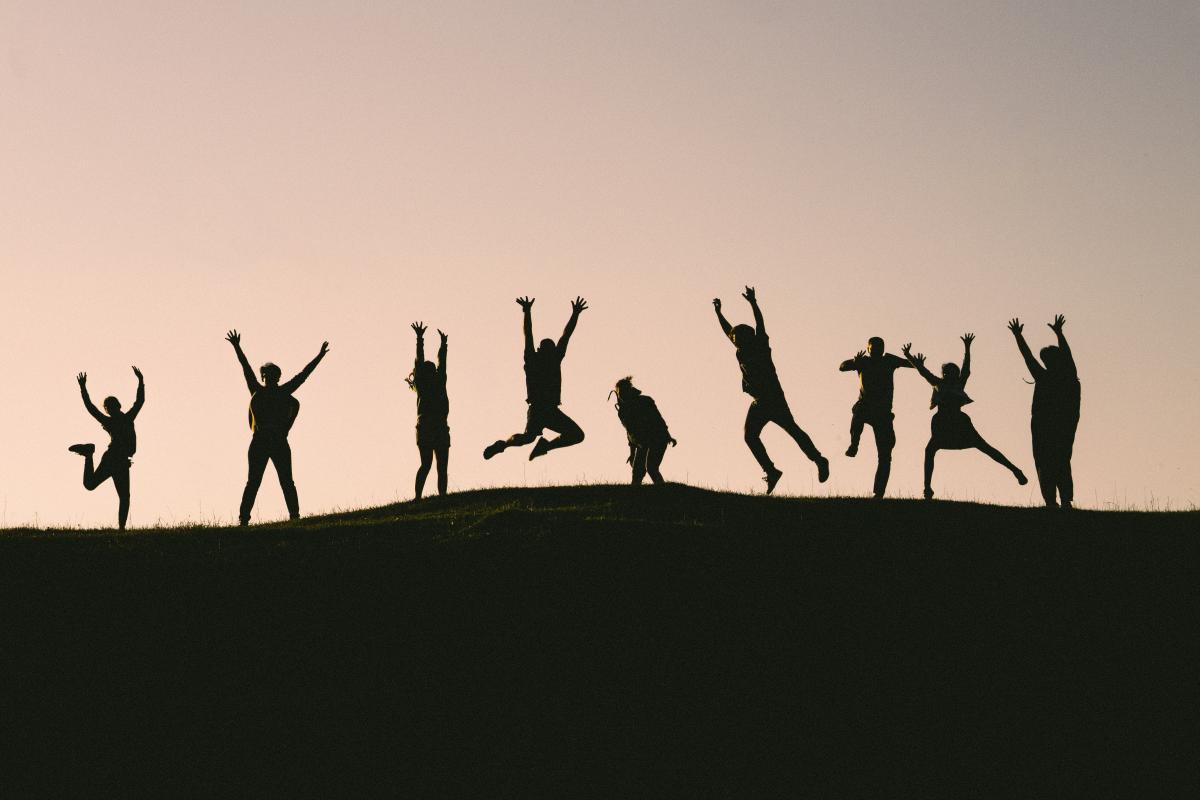
- Diversity
- Are we diverse and recruiting diverse staff, board members, and constituencies?
- Do we support or partner with organizations striving towards being diverse, equitable, and inclusive?
- Equity
- Are we providing competitive salaries for both men and women?
- Are women and other underrepresented groups in leadership roles?
- Inclusion
- Are we bringing diverse perspectives to the table and not pushing away the majority?
- Are communities fully incorporated into DEI efforts?
- Are we allowing everyone to have a voice?
As the fellowship comes to a close, I’ve found support in my peers and can truly see that I am not alone in this battle. The fight may be long and hard but we have an opportunity as world-changers to make a difference and stand for what’s right. DEI issues can be complex but are extremely important to consider when thinking of short and long-term impacts. In the environmental sector, our work affects various communities in some form or fashion. Therefore, it is up to us to ensure that at every step, we include those communities in our discussions and decisions.
I hope that as you reflect on my experience you ask yourself, will you be a world changer or simply ride the wave? Speak up for what’s right and lead the charge within your respective organizations.
To learn more about The Ocean Foundation’s Diversity, Equity, and Inclusion Initiative, visit our website.
1A person who has a deep inner desire to contribute to making the world a better place, be it through political, infrastructure, technological or sociological advances, and puts such impulses to action in order to see such change become a reality, no matter how small.
